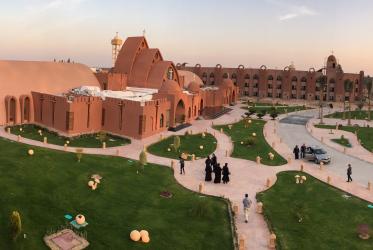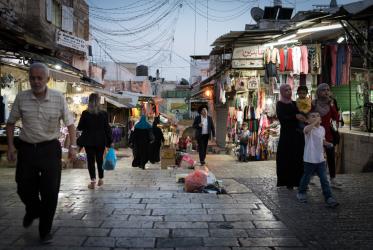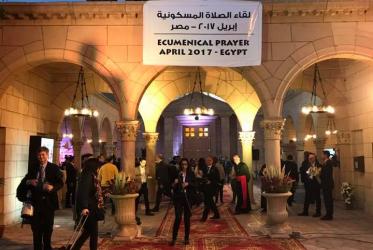Displaying 1 - 20 of 28
Promoting human dignity through art
06 September 2022
A faith-based, holistic approach to HIV and AIDS-care
13 March 2019
WCC mourns passing of Metropolitan Anba Bishoy of Damietta
03 October 2018
“Love will find a way”
23 August 2018
In Lebanon, refugees face hardship - but find hope
16 March 2017
“There are no strangers here” – Saint Irenaeus a key to unity?
19 December 2016
Fleeing from – rather than to – a place
10 February 2016
Voices of faith speaking to voices of fear
03 February 2016












